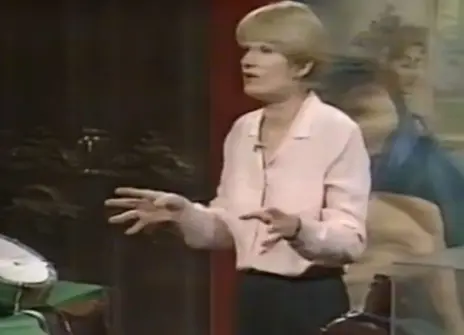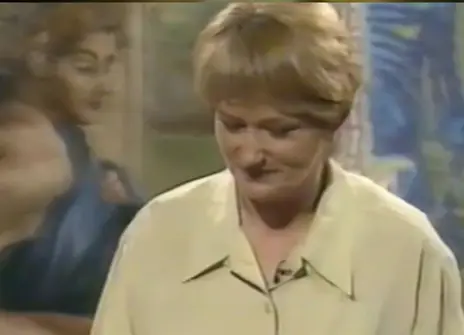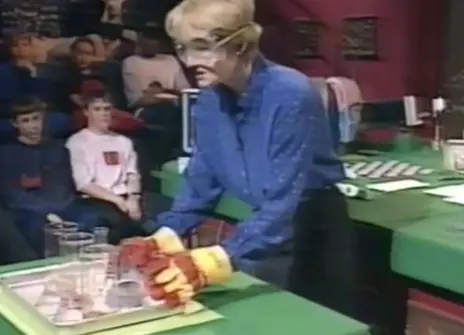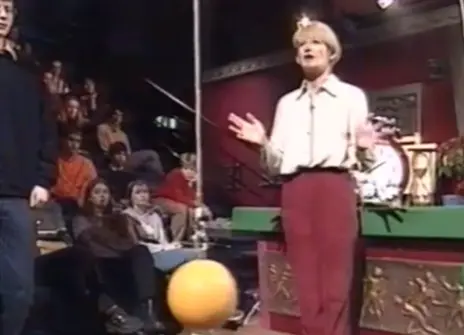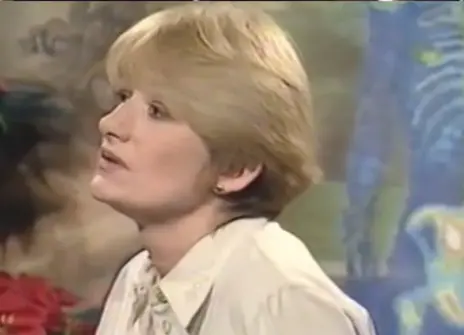Lecture 2 – Fats and figures
From fruit and vegetables, to proteins, fats and carbohydrates, food is our main source of energy. This energy keeps us alive by fuelling the central processes in our bodies. In her second lecture, Nancy Rothwell explores how much energy is in the different foods we eat, and what happens to our body weight when we eat it.
Different people need to eat different amounts of food, and each of us burns energy at different rates. The human body expends energy even when we’re sitting still, keeping warm. So how do we know how much energy we require? Our energy levels are monitored by the hypothalamus, the region of the brain that detects when our blood sugar levels are low and tell us we’re hungry. Nancy explains why we need to strike a fine balance between the amount of energy we take in and the amount we expend.
In the final part of her lecture she explains why the eating habits of animals are very different to those of humans: snakes won’t eat for months at a time but when they do, it will be a big meal; a polar bear cub will keep him warm in cold conditions by drinking from its mother milk containing 50% fat.
Find out how the pattern of eating is linked to the pattern of life. Surprisingly, very large animals eat proportionately less than very little animals. A tiny shrew for example needs to eat more than its own body weight in food every day just to stay alive.
About the 1998 CHRISTMAS LECTURES
From burning off that extra piece of pudding to keeping it cool, our bodies are juggling all sorts of chemical reactions to keep us alive and healthy. Over the course of five lectures, Nancy Rothwell takes a closer look at the physiological processes that help our bodies stay in balance, and reveals what can happen when that balance tips the wrong way.
Beginning with a look at our senses, Nancy explains how our perception of the world around us is essential to our survival, and how other creatures in the animal kingdom have evolved similar sensitivities.
We learn how all our bodily processes are fuelled by energy in the food we eat, and how they are affected by the temperature of our surrounding environment.
With the help of some animal friends, Nancy reveals how our bodies are trained by the sun and how some creatures know exactly when it’s time to die, before finishing with a look at the astonishing adaptations animals have evolved to cope with life in the extremes.

